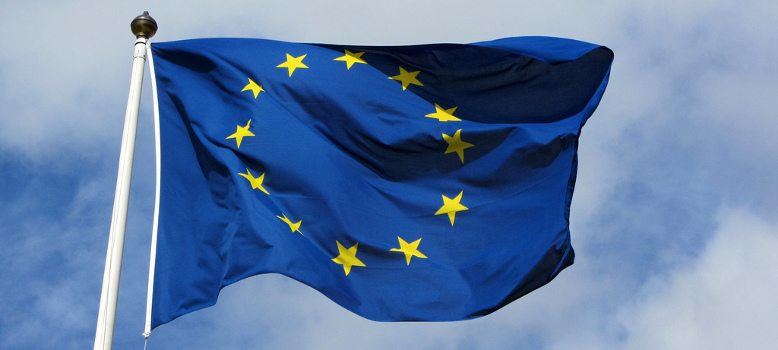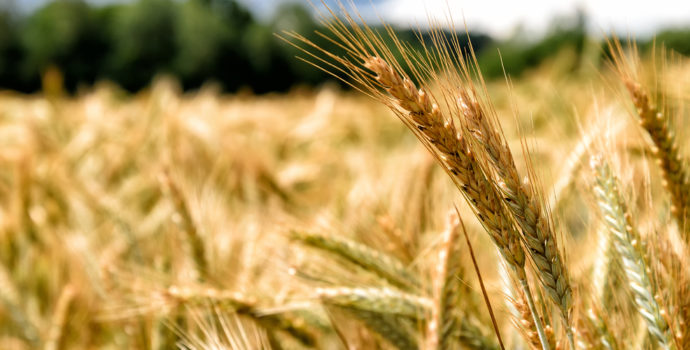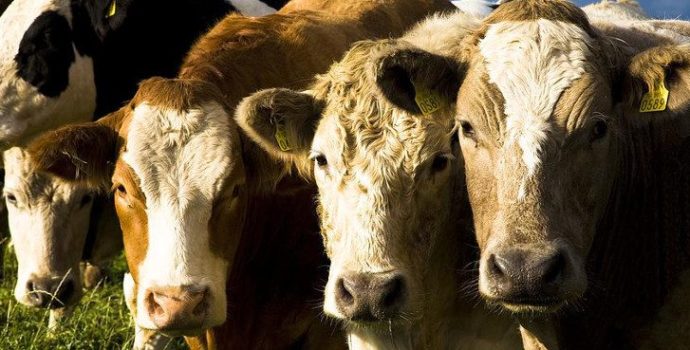Minister Must Secure Maximum Flexibility to Ensure Eu Aid Package Supports Dairy Farmers’ Cash Flow

Speaking after Minister for Agriculture Michael Creed addressed the IFA Executive Council this week, National Dairy Chairman Sean O’Leary said he had urged the Minister to first match Ireland’s €11.1m share of the €350m element of the EU aid package voted on Monday, and then secure the necessary flexibility to be able to utilise it to support the cash flow needs of dairy farmers.
“I made it very clear that nothing in the aid package should put Irish dairy farmers who have expanded in the legal certainty of the end of quotas in 2015 at a disadvantage. The potential €22.2m must help support their cash flow needs, by reducing the cost of short term finance. We have suggested that it could indeed be used to enhance the state-aid backed, low cost, short term loan scheme we have been progressing with the Department of Agriculture over the last few months.
“The Minister acknowledged the cash flow difficulties being experienced by farmers, and recognised the need to access lower cost finance, and he confirmed that he and his Department are exploring the possibilities under the state aid process and the new EU aid package – as requested by IFA,” he said.
Commenting on the €150m element of the package, which is to be farmer-led, and conditional on as yet unspecified production reductions for October to December 2016 relative to October to December 2015, Mr O’Leary said the Minister must also ensure it is made available to those Irish dairy farmers who wish to use it. However, he said too much of the detailed operation remained unclear, and it was difficult to see how this potentially administratively-heavy scheme could be operated in the time-frame envisaged.
“What farmers need most of all at this point is to see their cash flow improve promptly. The quickest way to do this is for the Minister to deliver urgently on the state aid backed cash flow loans we have been lobbying for. Furthermore, with output already falling back in the EU, even without EU incentives, and globally, firming dairy markets should help co-ops build on their June milk price decisions, and start to pass back improved dairy returns in higher milk prices over the coming months,” Sean O’Leary concluded.




